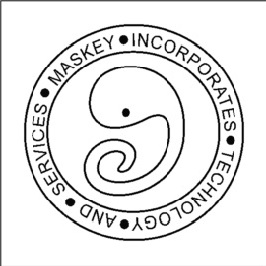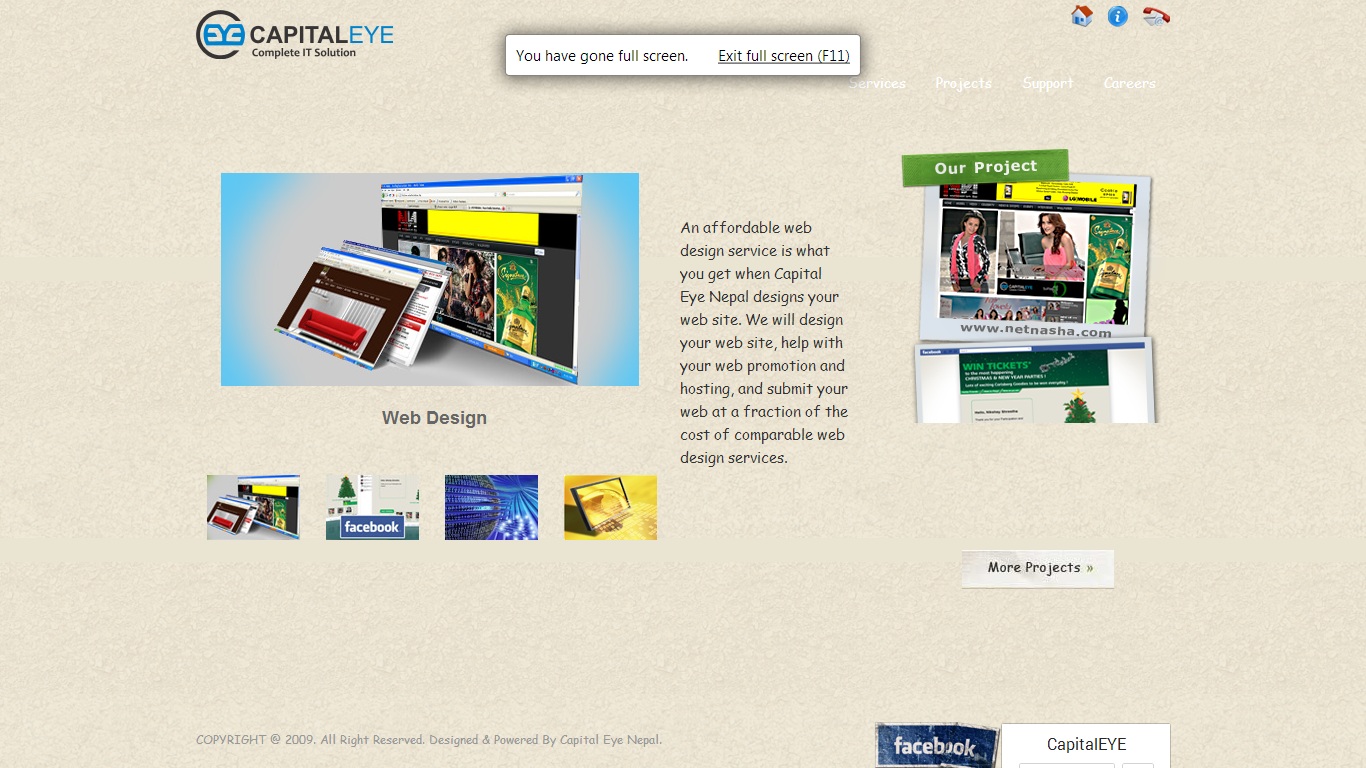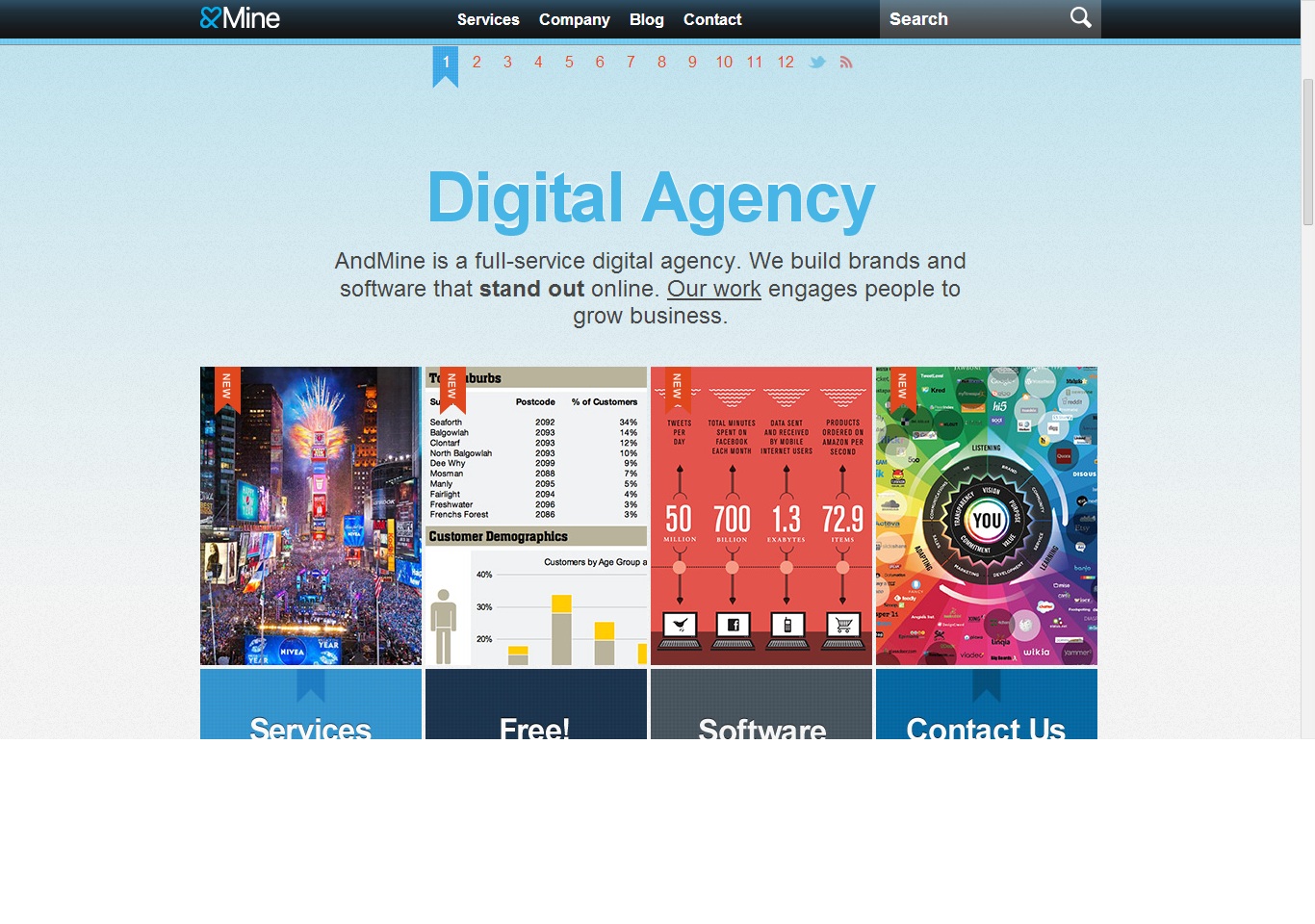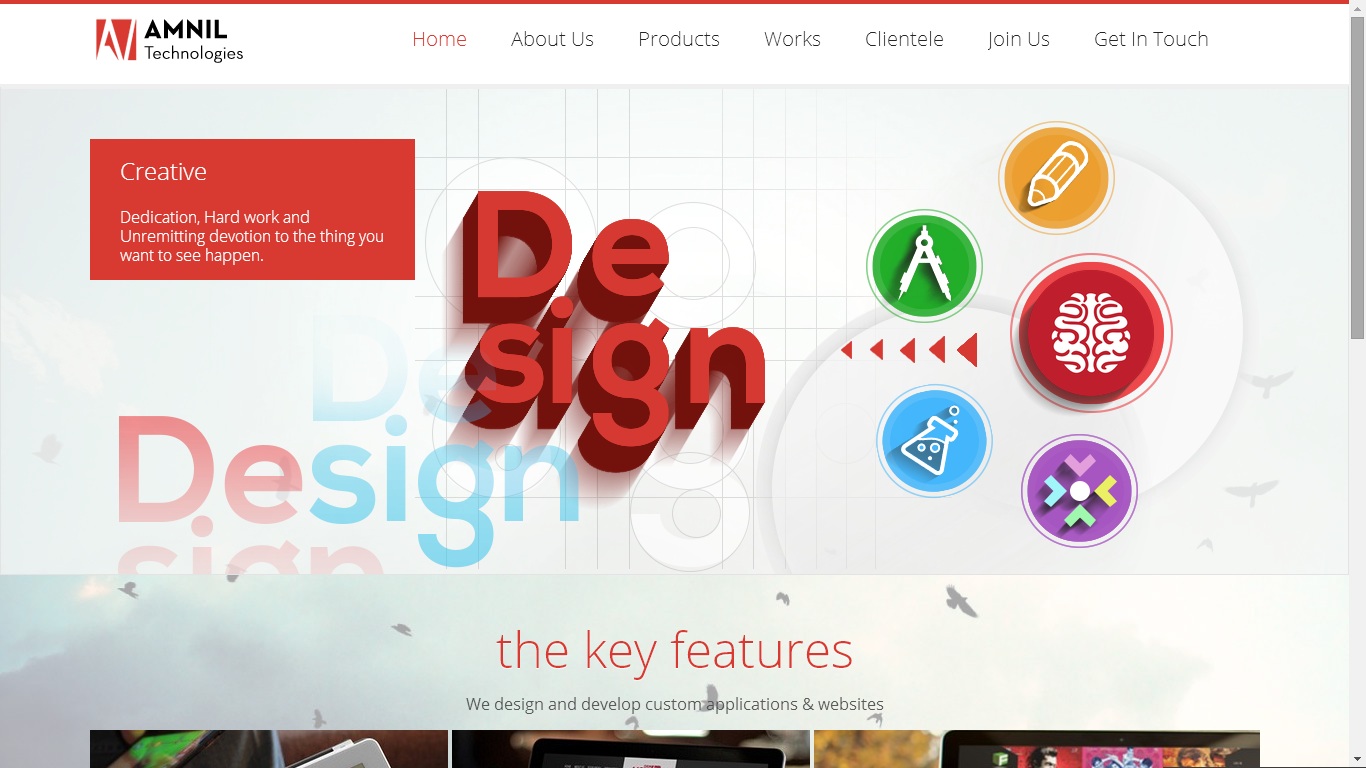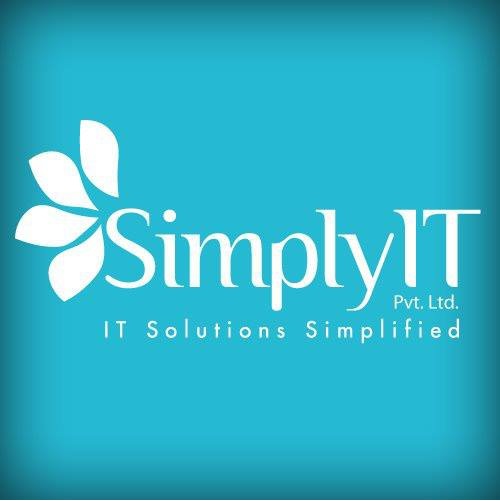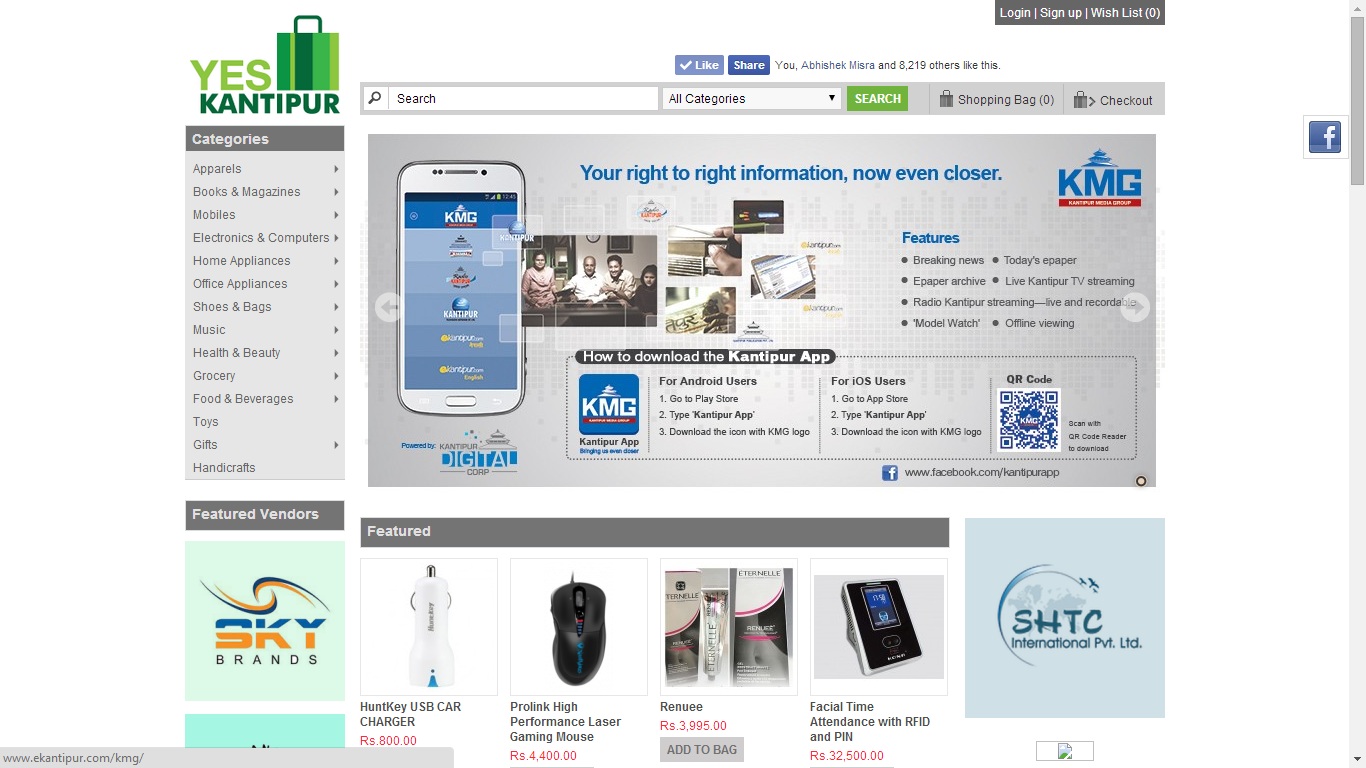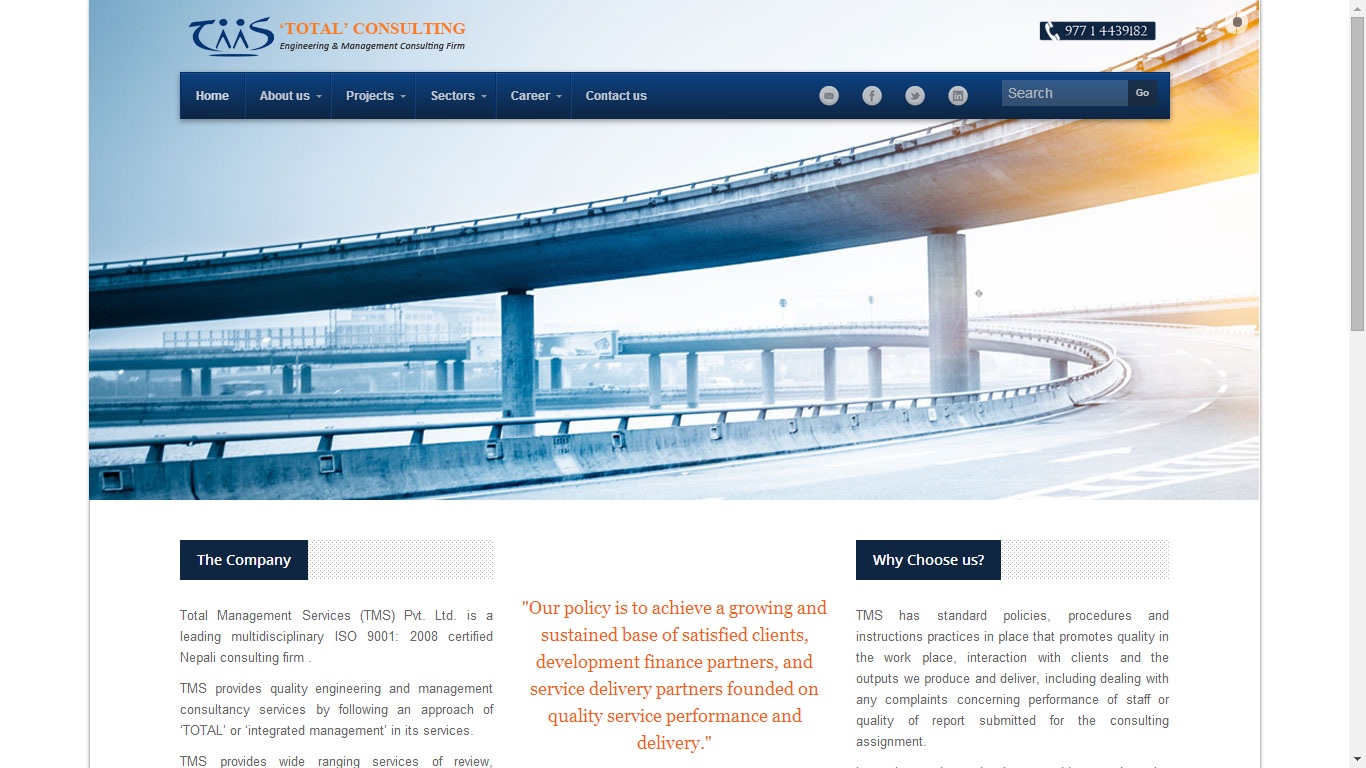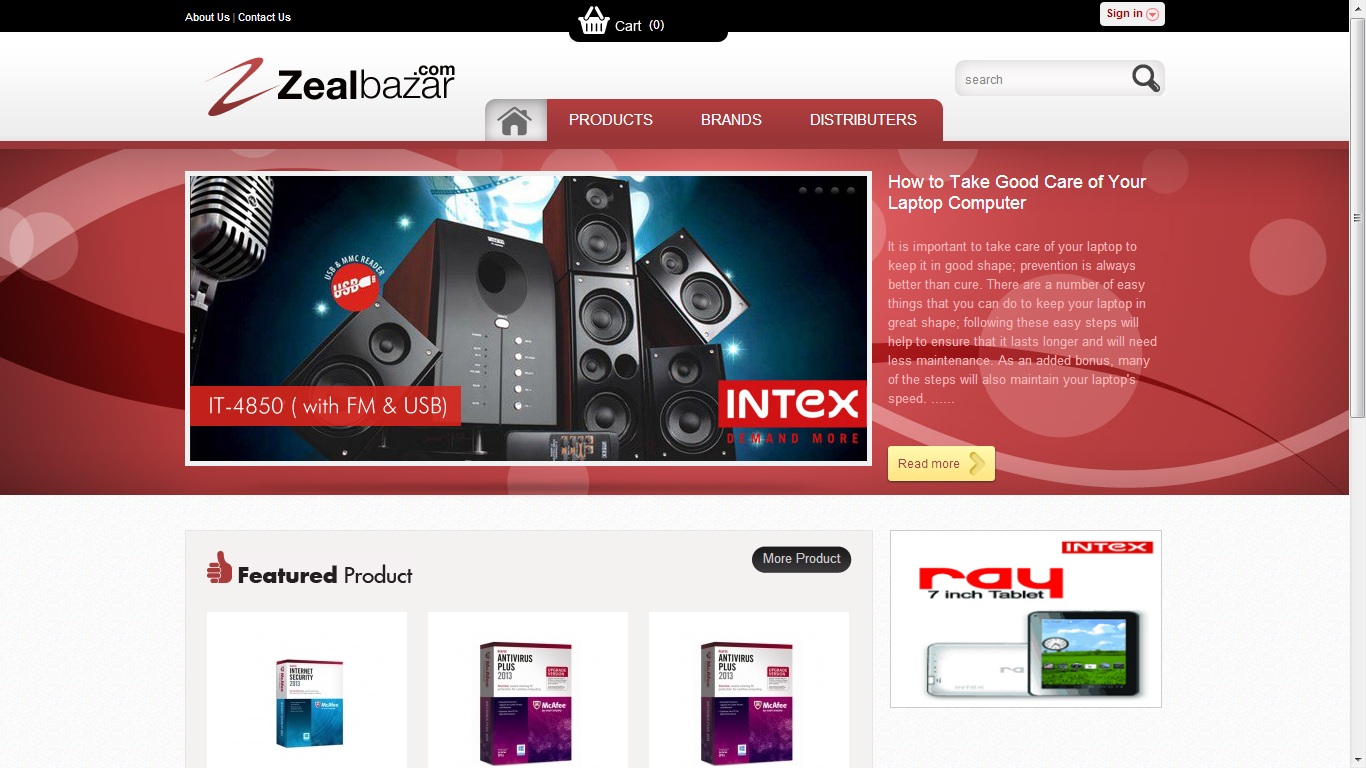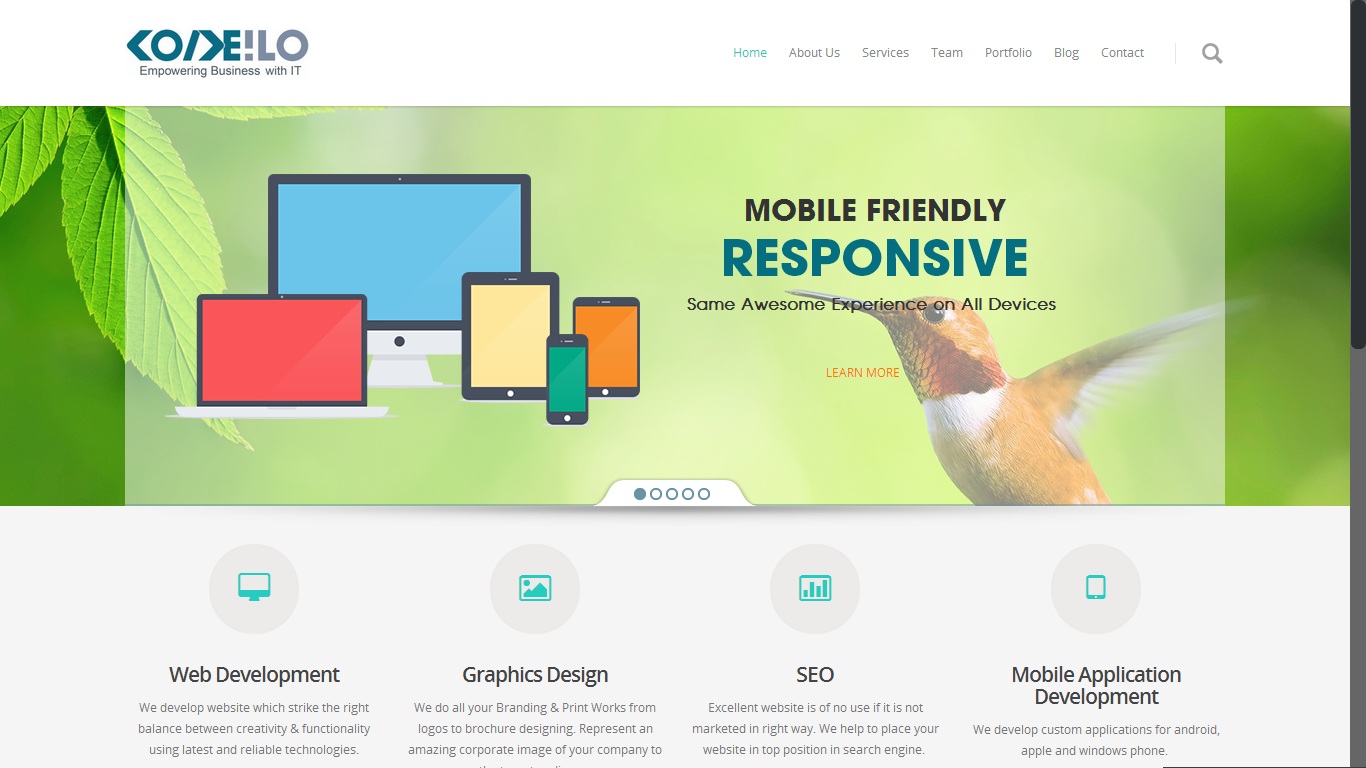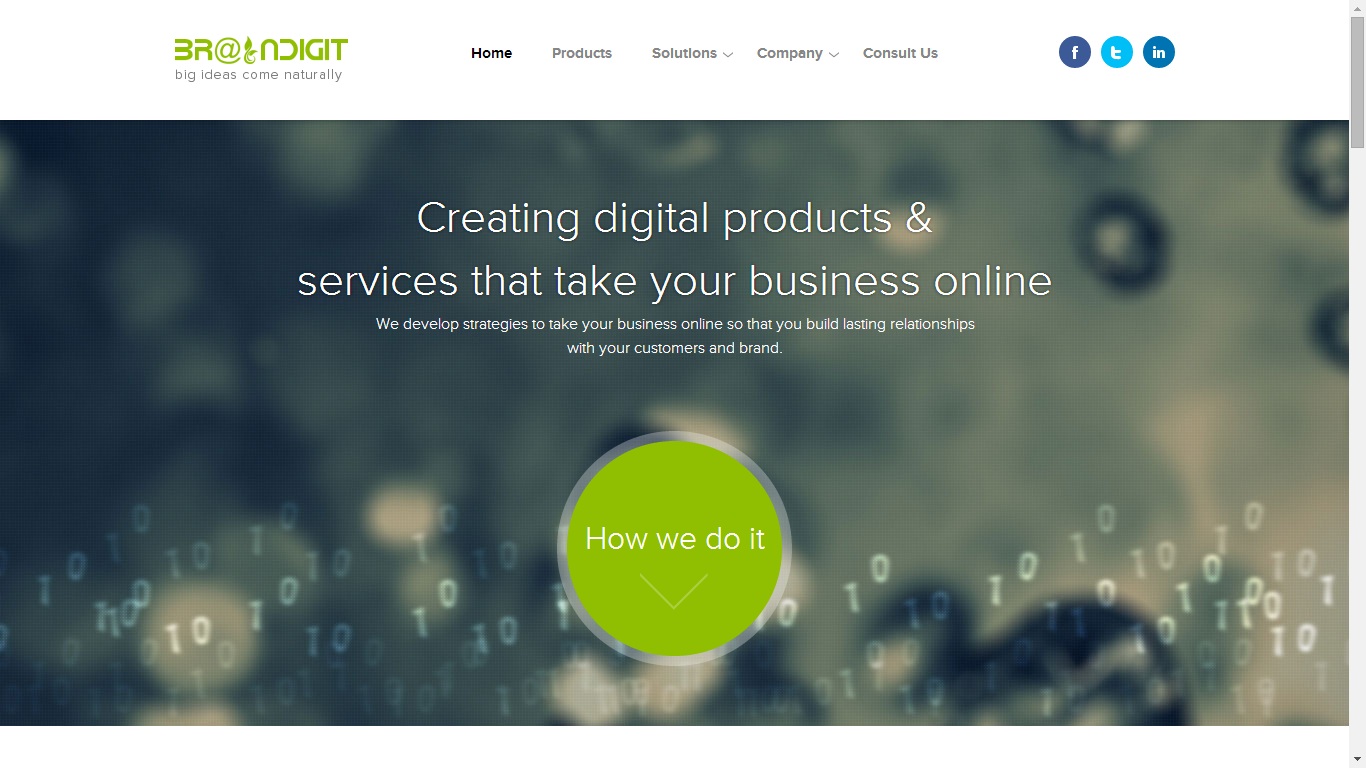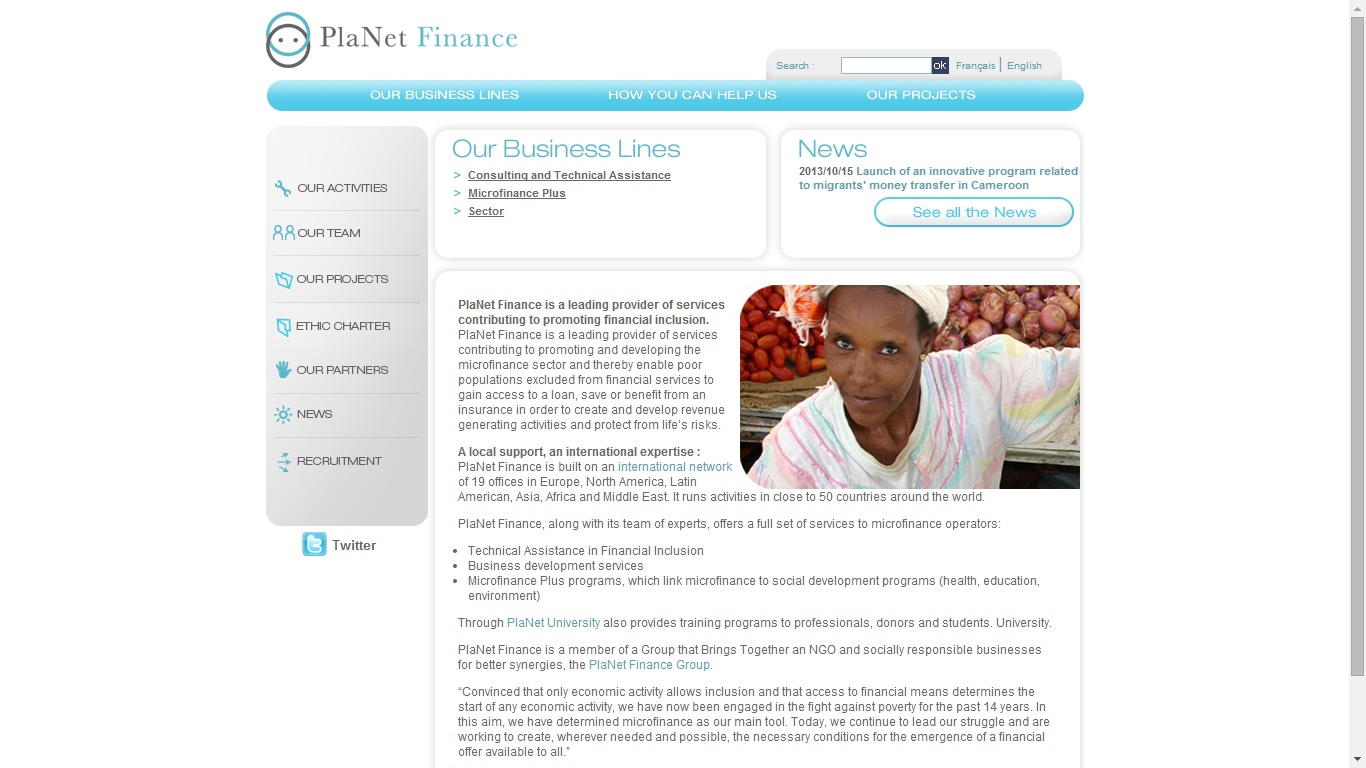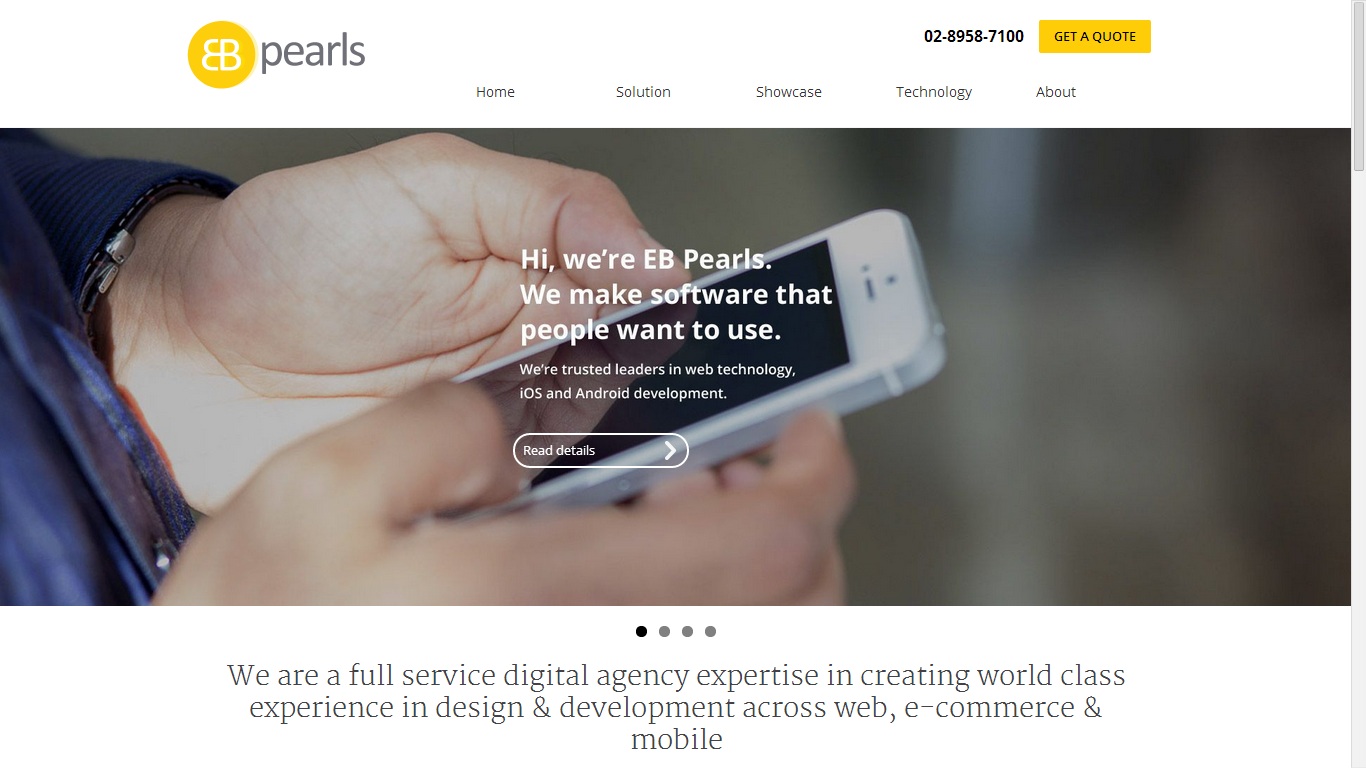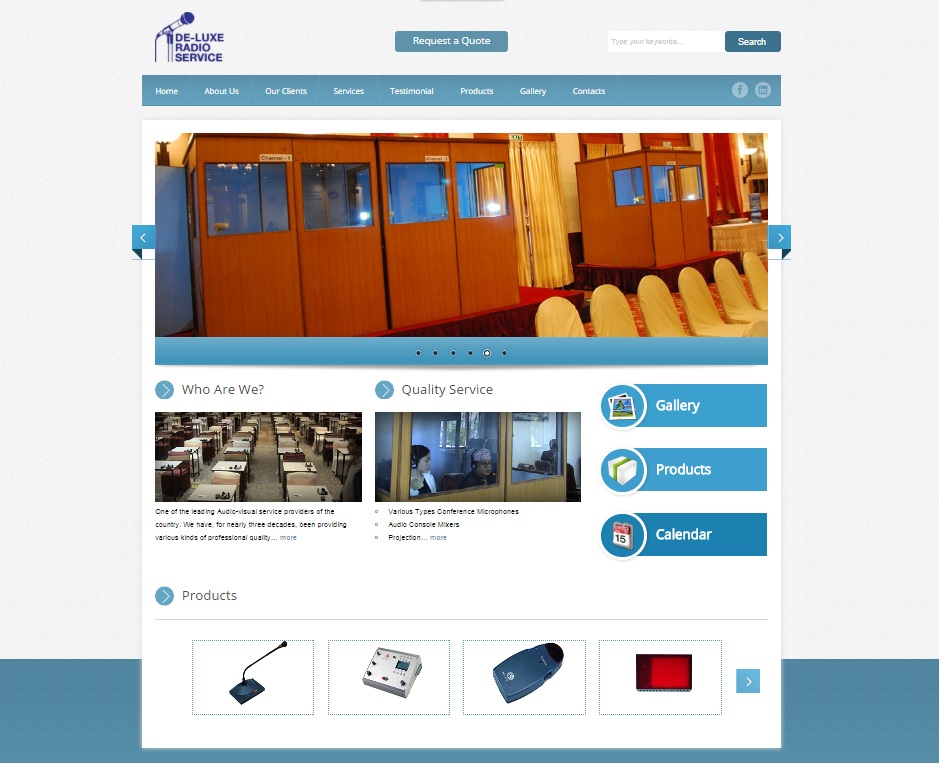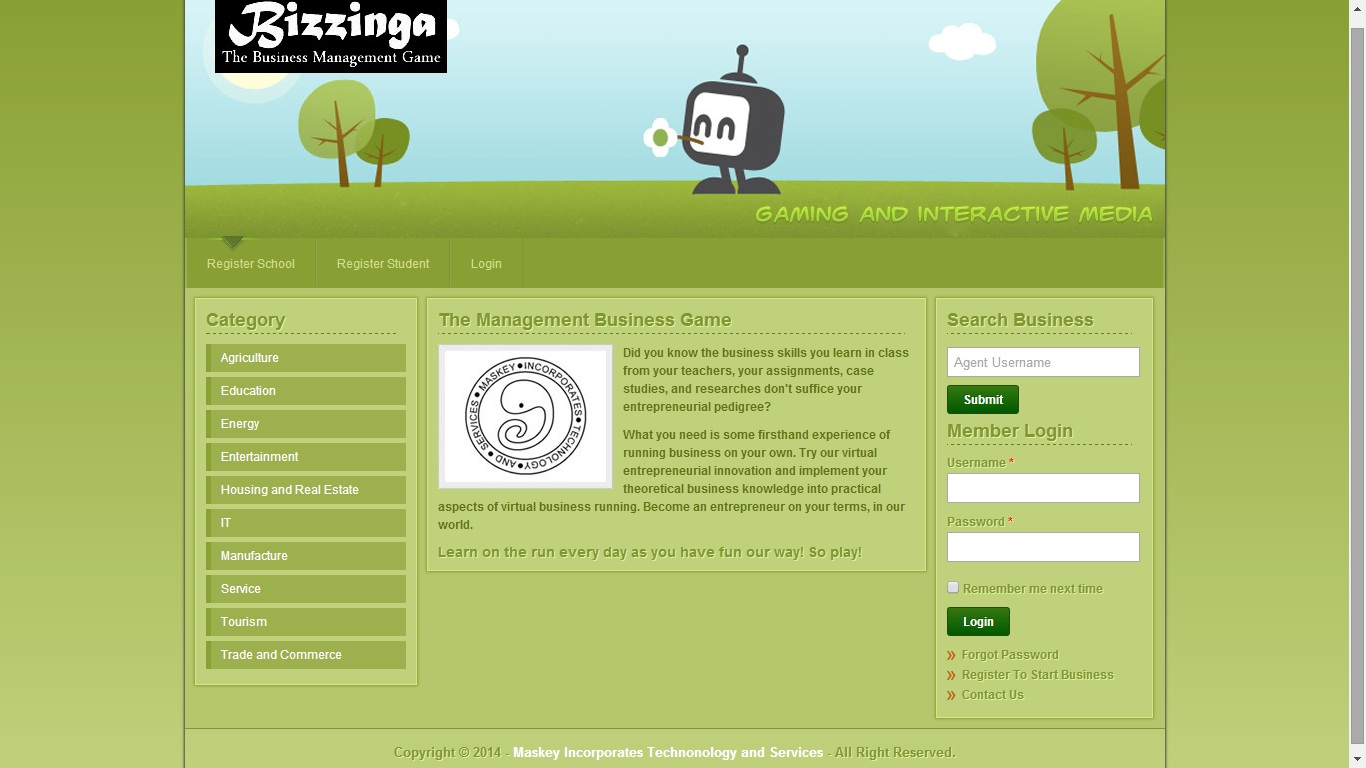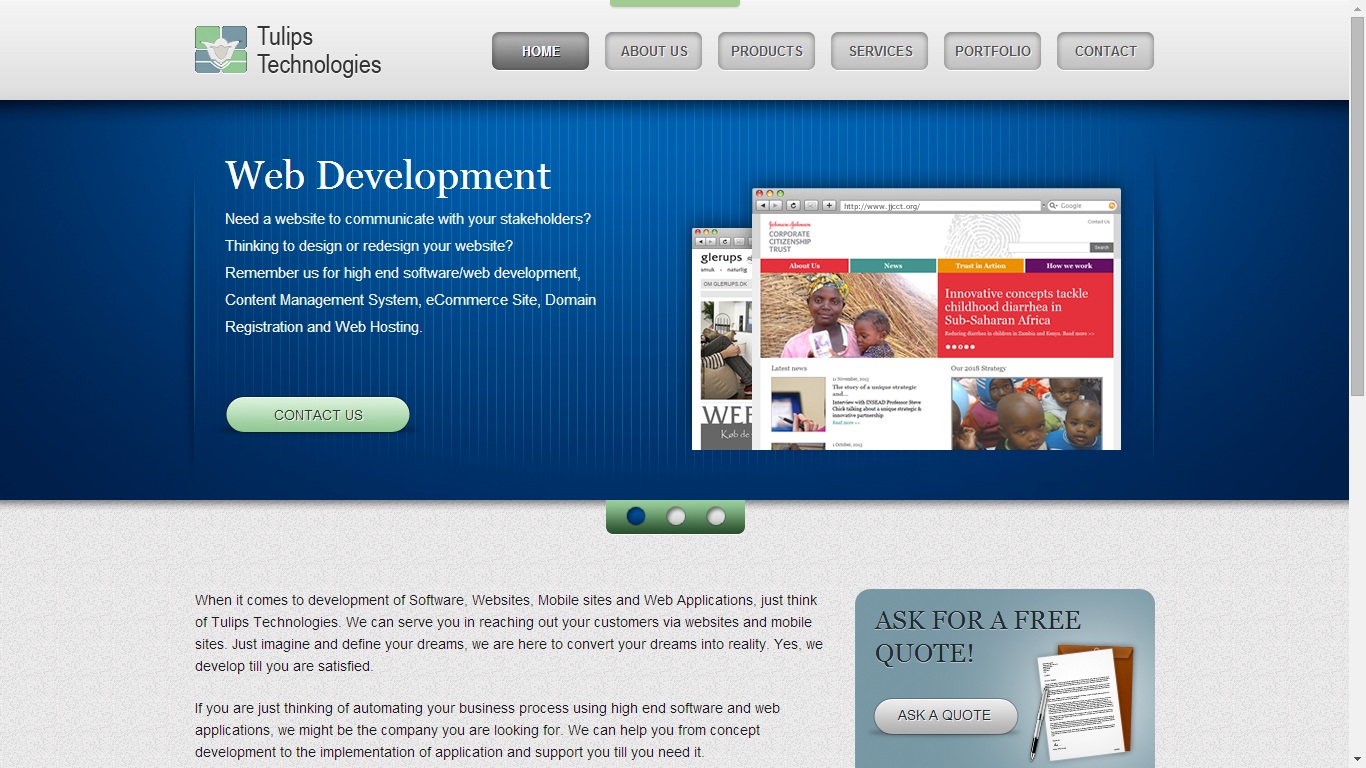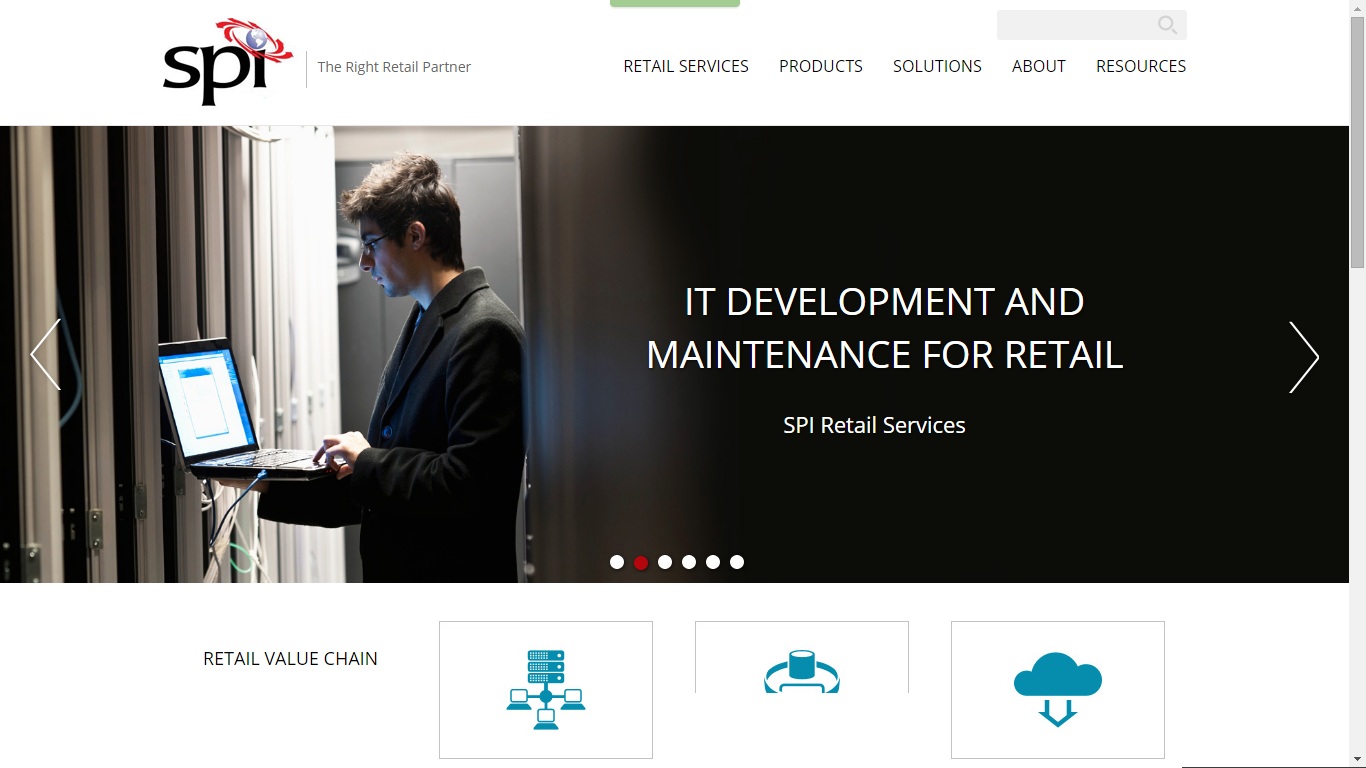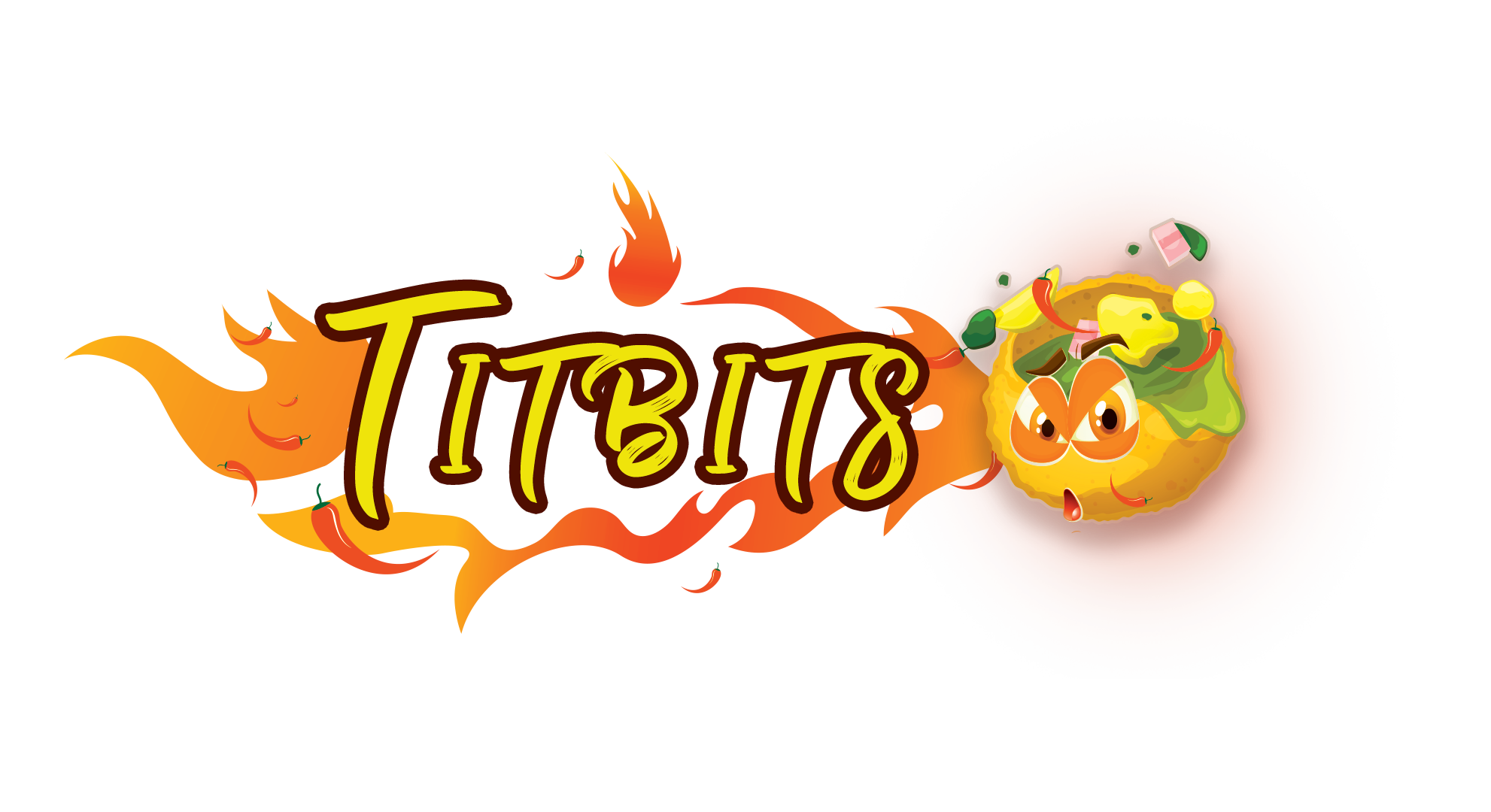-
Vacancy Announcement from Sunrise Bank Limited
Sunrise Bank Limited is a fast growing “A” Class Commercial Bank with diversification to various areas of functions and with rapid branch expansion target across the nation aims to increase the pace of quality growth. In this process t ...
Read More -
Vacancy notice from CDS and Clearing Limited, a wholly owned subsidiary company of Nepal Stock Exchange
CDS and Clearing Limited, a company established under the company act is a company promoted by Nepal Stock Exchange Limited (NEPSE) in 2010 to provide centralized depository, clearing and settlement services in Nepal. The main objective of the com ...
Read More -
Vacancy announcement from Civil Capital Market
Vacancy Announcement
Read More
Chief Executive Officer (CEO)
Civil Capital Market Limited (CCML), Head Office, Civil Trade Center Sundhara, Kathmandu, requests for expression (EOI) for the position of Chief Executive Officer (CEO)
CCML, ... -
Vacancy Announcement from Global IME Bank
Bank Overview
Read More
Global IME Bank Ltd. (GIBL) emerged after successful merger of Global Bank Ltd (an “A” class commercial bank), IME Financial Institution (a “C” class finance company) and Lord Buddha Finance Ltd. (a &ldqu ... -
Vacancy notice from Lumbini Bikas Bank Limited
Vacancy Announcement
Read More
Lumbini Bikas Bank Limited, a leading national level development bank invites application from highly motivated, dynamic and result oriented Nepalese Citizen for the follow ...
- ... Read More
-
I’ve spent almost 10 years interviewing thousands of candidates and developed a blue print for NAILING your next interview, follow these steps and you will dramatically increase your chances.
1. Know the position you are applying for ...
Read More -
Use these tips to write an effective resume that meets the employer's needs and gets you an interview.
Heading
- Type your name at the top in caps with large, bold type. Include your address, phone ...
-
Ever wondered why a Brit applies with a CV and an American with a resume? And why does an Aussie apply with both? There are a few differences between the two types of application documents and this article will straighten out your queries as well ...
Read More -
Wouldn’t it be great to know what answers the hiring manager is looking for? We asked, and they delivered.
By- Isabel Thottam
Being a mind reader would come in handy during the interview and make the whole getting-a-job thing ...
Read More
Use these tips to write an effective resume that meets the employer's needs and gets you an interview.
Heading
- Type your name at the top in caps with large, bold type. Include your address, phone number, and email address. If you plan to move while your resume is in use, include your school address and your permanent address.
Objective
- Get focused on your job objective before writing the rest of the resume and tailor the resume to the job and the field.
- Clearly state theposition you are seeking and whether it is a full-time or part-time job or an internship. You can also include the industry and any skills you want to emphasize. Avoid vague phrases that focus on what you will gain from the experience. Everything that follows on the resume should support the objective.
Education
- Identify your degree, major, graduation date, and school.
- Include education abroad and any relevant vocational schools, certificates, and job training.
- You may include your GPA if it is 3.0 or higher. Employer expectations may vary.
Course Listings
- You may include a short list of courses to show experience, training, or knowledge in the field as long as they are relevant to the job objective.
Skills
- Make your skills the selling point of your resume. Include specific skills that pertain to your objective such as computer languages, technical skills, and lab techniques. You may also include interpersonal and adaptive skills such as communication, leadership, writing research, teamwork, etc.
- Be sure to back up each skill on your resume with specific and convincing evidence.
Experience
- If you have extensive experience, some of it unrelated to your objective, use two subsections: related and additional.
- Use your most important and relevant experience to convince the employer that you have the skills necessary to do the job. In this section articulate your accomplishments clearly and concisely using active voice to present evidence of your skills. See Action Word List .
Optional information
- You can include professional and extracurricular affiliations and activities, honors and awards, and sports.
Items to avoid
- Keep references on a separate sheet and give to the employer when asked.
- Omit your age, religious or political affiliations, marital status, or other personal data, which could be used to screen you out.
Formatting
- Keep your resume to one page unless you have extensive related experience.
- Organize headings so that the most important points are first.
- Invite the readers' attention by using open space, wide margins, and bullets to set off text.
- Use good quality white or off-white paper.
- Use clear and dark 10-12 point type.
- Spell and punctuate perfectly. Proofread several times.
- Special formatting for scanned, emailed or online resumes .
Source- http://career.ucsd.edu
Back To List
